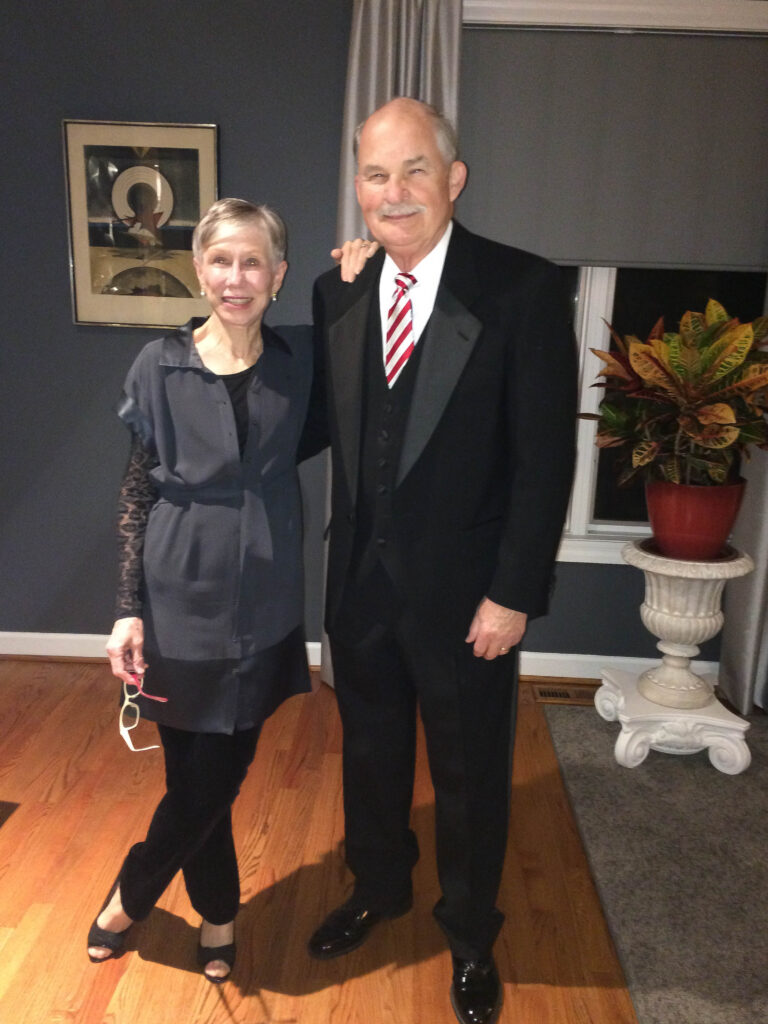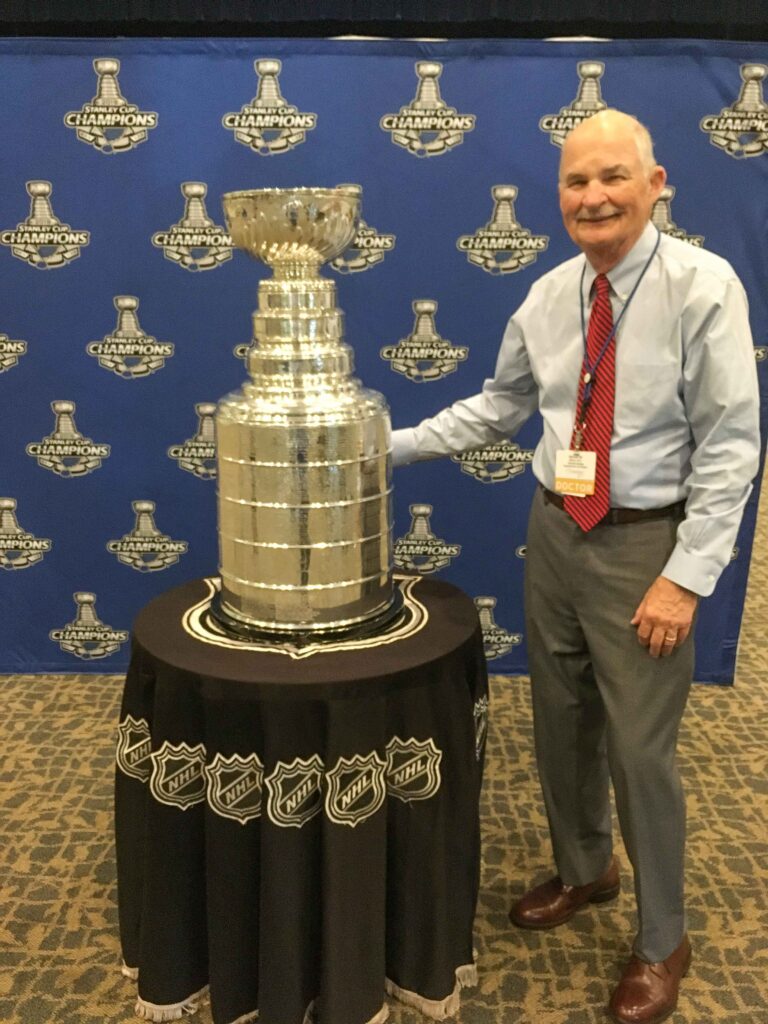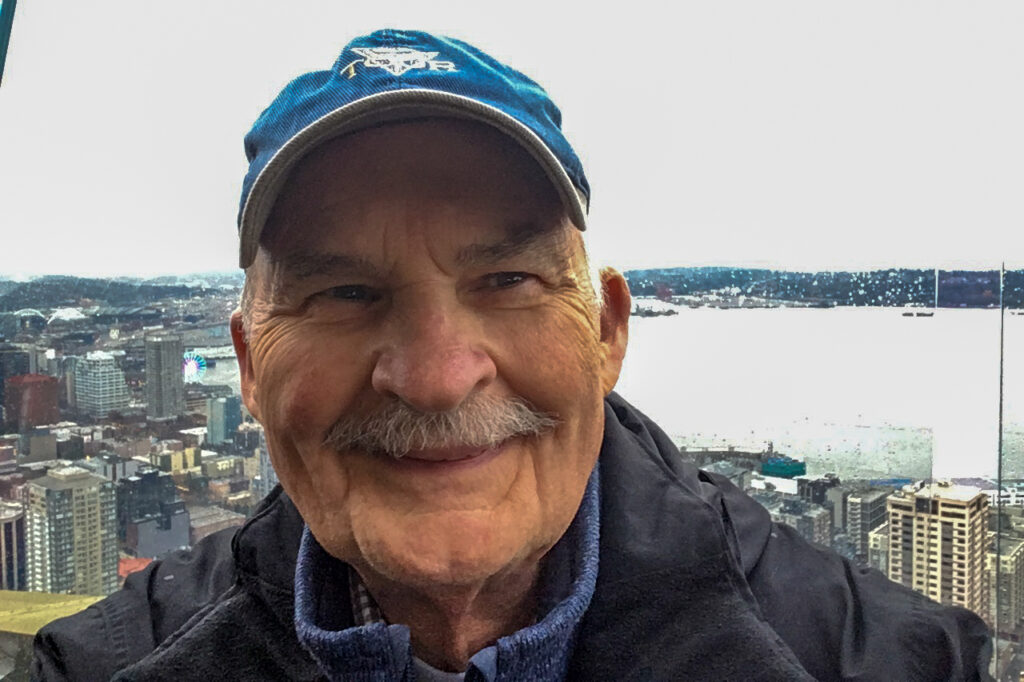Washington University otolaryngologist Gerald Moritz, MD, is retiring Sept. 30 after 52 years as a St. Louis surgeon.
Moritz did not grow up wanting to become a doctor. Born and raised in Brooklyn, New York, he enrolled in the Navy after graduating high school. After serving, he attended University of California, Berkeley to complete his undergraduate studies.

A standard aptitude test suggested he was best fit to become a pilot. Having just completed four years on a naval flight crew, he asked about other options. The response was, “well, you’d also be a good doctor.” And so it was.
He attended medical school at Saint Louis University, where two specialties peaked his interest – otolaryngology and urology. Both offered a variety of simple and very complex surgical cases, but ultimately he decided he’d “rather be coughed on than peed on”. He was also impressed by the level of care and decent people he encountered in ENT. That helped form a bond with the specialty that has never wavered.
When asked about career highlights, he does anything but brag.
“Nothing stands out,” he says. “Starting the first HMO – Physicians Health Plan – in the 80s was certainly an important event, and serving on the Board of Directors for BJC and as chief of staff for Christian and DePaul hospitals were good times.”

According to Moritz, it is the availability of good medical care that has changed most significantly over the past 50 years. When he started, medical care relied on a mostly private pay system. The success of Physicians Health Plan, which was bought out by United HealthCare, led the progression toward the more public system we have today.
“It is very satisfying to see good quality medical care offered to so many more patients,” he says.

He has loved working under BJC and WashU because he hasn’t had to worry about the bills. Rather he was able to focus on caring for patients.
“Two years at WashU has been an outstanding experience – the people and the quality of what we do here is really outstanding. It has been a great way to sunset a long medical career.”
Moritz has no specific plans for retirement. He’ll take a month or two off to relax and think about what he wants to do next. He only knows it will likely be different than the past 52 years of ten-hour work days.
